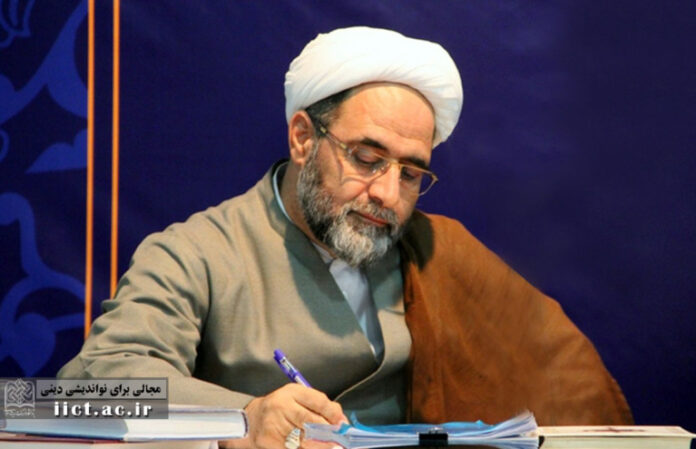The Complex Rites of Hajj in the Words of Imam Ja’far al-Sadiq (AS) In the Context of the Supreme Leader’s Message to the Pilgrims of the Sacred House
An Essay by Hojatoleslam Wal-Muslimin Mohammad-Safar Jabraeili, Faculty Member of the Islamic Theology and Modern Theology Group at the Institute
Zurarah ibn A’yan (d. 148 AH) was a distinguished figure in the school of the Ahl al-Bayt and a prominent student of Imam al-Baqir and Imam al-Sadiq (peace be upon them). He said, “I said to Imam al-Sadiq: “for forty years about the issues of Hajj I have asked you, and you have always answered” The Imam promptly replied, “Zurarah! Do you expect to completely get the answers to the questions of a house (Ka’ba) that has been a place of pilgrimage two thousand years before the creation of Adam in just forty years?”
The esteemed scholar Allamah Muhammad-Taqi Majlisi the First (d. 1070 AH), who diligently presented the narrations of the Ahl al-Bayt to the Islamic community and demonstrated their applicability to both specific and general audiences, interpreted the Imam’s words as indicating “the renewal of laws over time and the occurrence of new events”
In line with the perspective of the late Allamah and other notable scholars, the wise Leader of the Revolution’s outlook, after presenting some of the wisdoms of Hajj, is enlightening and delightful: “Contemplation in the verses of Hajj and reflection on the acts and rituals of this unparalleled obligation reveal secrets and mysteries in the complex composition of Hajj”
Indeed, the “grand assembly and complex rites of Hajj,” supported and substantiated by the noble words of Imam al-Sadiq must be “seen with the eye of contemplation to be a source of strength and confidence for Muslims, and intimidating and awe-inspiring for enemies and ill-wishers” (Khamenei, ibid). This is the hidden point in the significant and profound statement of Imam Ja’far ibn Muhammad al-Sadiq (AS) to Zurarah.
It is hoped that the rituals of Hajj are not merely reduced to individual worship but encompass knowledge to action, allegiance to disavowal, and cover the spectrum from worldly life to the hereafter for Muslims.




